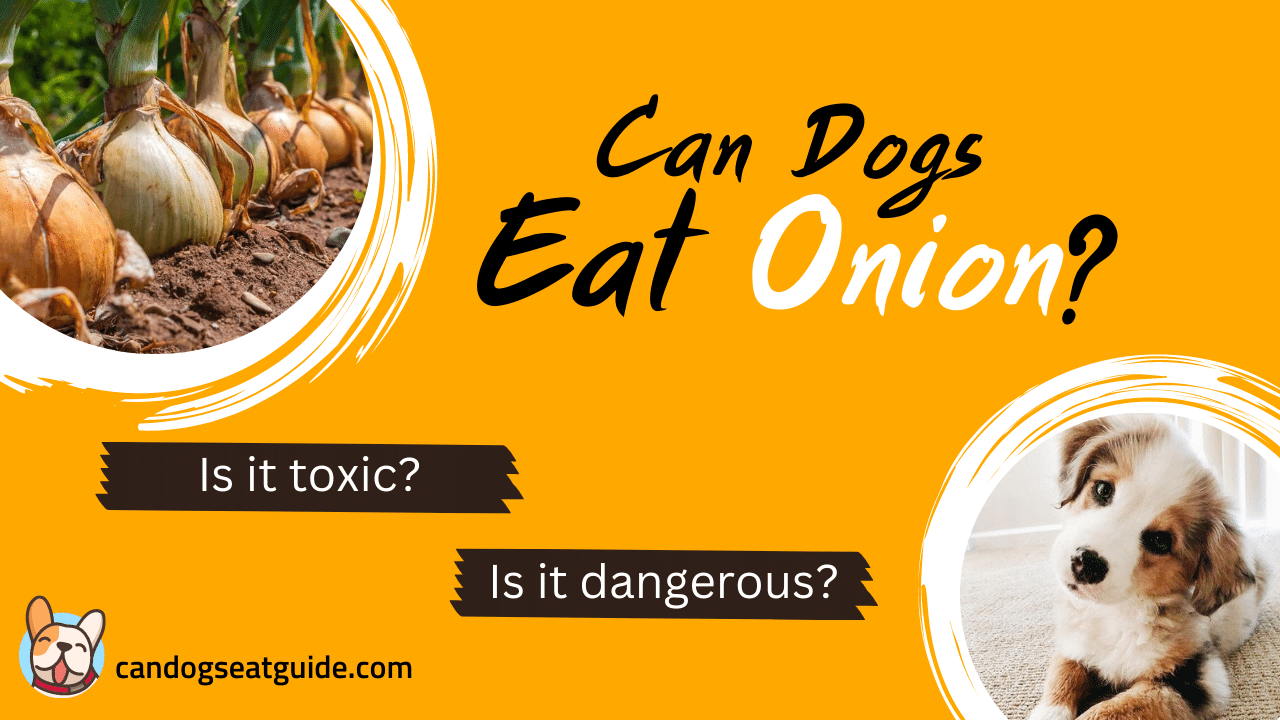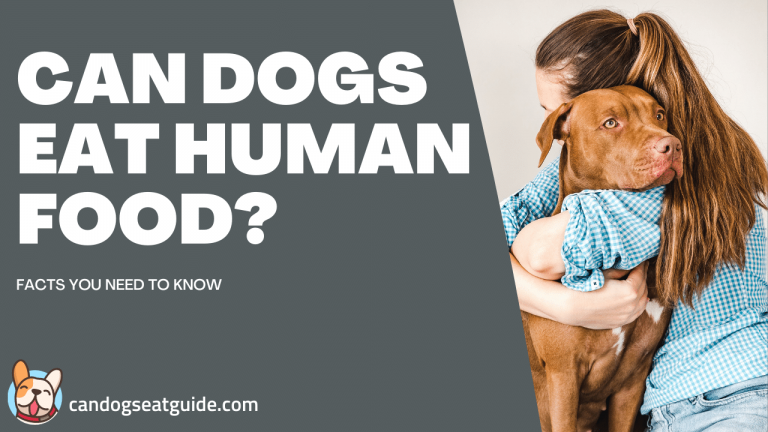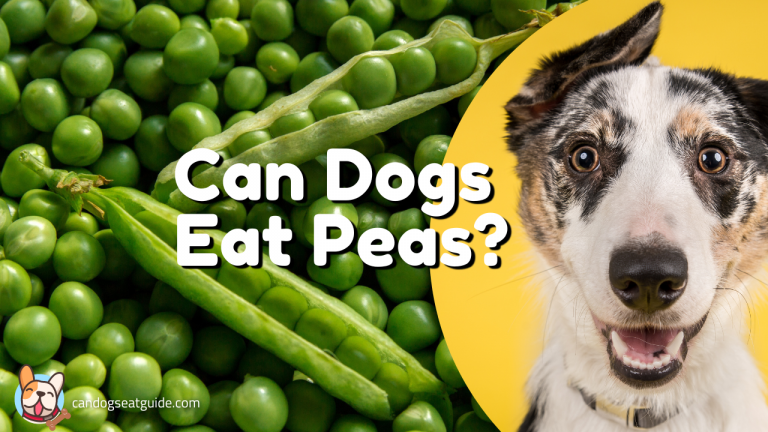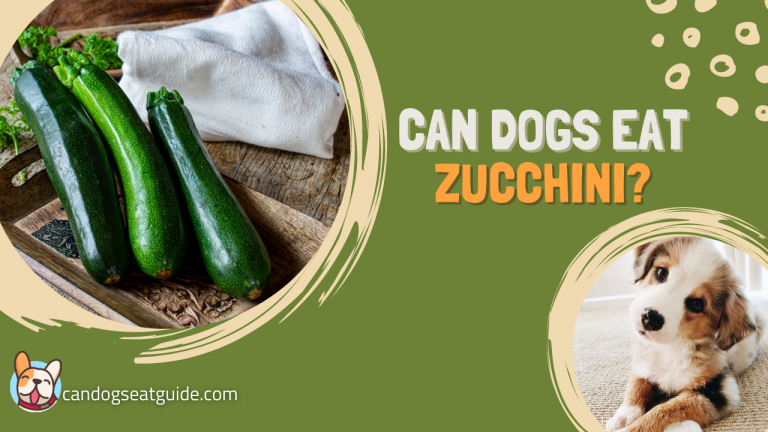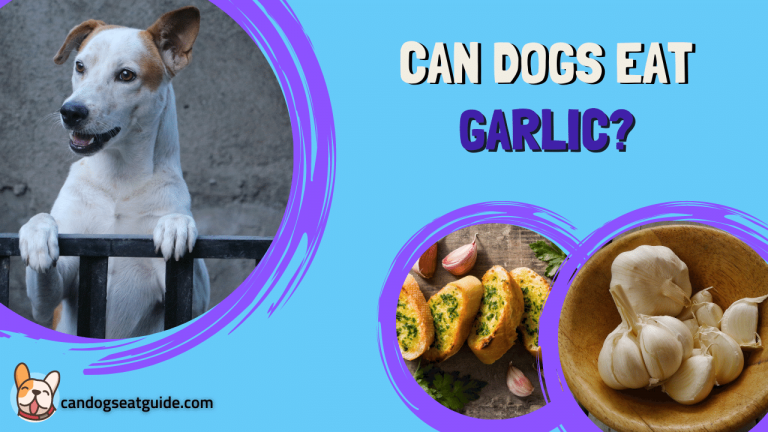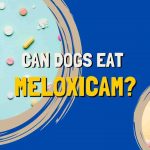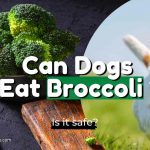I don’t know if you enjoy eating raw onion in salads or like an addition to some food but I honestly hate it! Give me cooked onion or pickled onion I will eat them, especially the pickled one.
That’s maybe the first reason I was never considering giving it to my dog, but there is a second reason that is even more important and that’s the fact that onion is toxic for dogs.
And let’s be honest the question “Can dogs eat onion?” was a bit far from my head but a friend asked me and I said to her don’t give onion to your dogs and thank you for the idea of my new article.
Now you will be like come on – a little bit of onion won’t hurt my dog or my dog had eaten so many times onion from the floor and is completely fine.
That’s why today I am going to make you reconsider the onion intake of your dog. I don’t want you to feel scared if your dog eats an onion but I want you to know how to react in that situation and at the right moment.
Can Dogs Eat Onion?
DOGS MUSTN’T EAT ONION!
The first question that comes is Why?
Except for the bad breath that your dog can get by eating onion, it can also get serious health problems that sometimes may end up fatal.
Do I have your attention now?
Onion is a vegetable from the Allium family as veggies like garlic, scallion, leek, and chive. All these veggies are toxic to dogs.
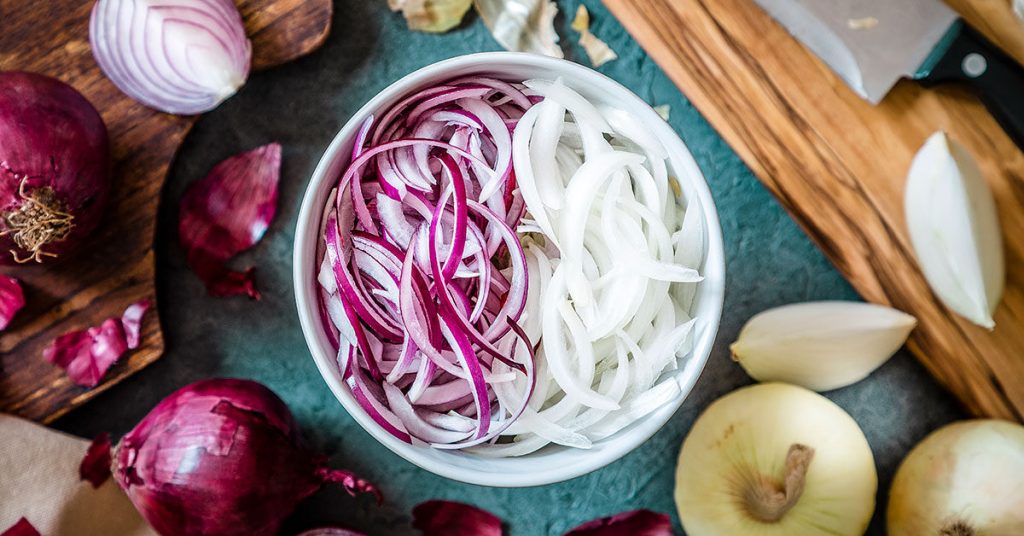
You may be like they aren’t toxic to us but how they can be to our pets. It’s easy. The digestive system of dogs is much more different and delicate than humans.
Dogs shouldn’t consume red, green, yellow, white, or sweet onion. Likewise with all parts of onion – leaves, flesh, skin, and juice.
Why Onion is Toxic to Dogs?
Well, onions contain a principal toxin, known as N-propyl disulfide, that damages the red blood cells of your puppy, and by damaged red blood cells, it’s easy for dogs to get anemia. When red blood cells are damaged they are not able to carry oxygen anymore.
The step after the damage is destroying red blood cells, which causes hemolytic anemia. This condition is life-threatening and it’s described as a process where the immune system of your dog isn’t fighting infections but is fighting the red blood cells.
The poisoning dose of onion is reported to be for dogs that consume more than 0.5% of their body weight in grams of onions.
Signs of onion poisoning can show up after a day or a few days after consuming onion. Another case is when N-propyl disulfide builds up in the blood slowly over time and that happens if the dog consumes a little bit of onion but regularly. And out of a sudden for you, your dog will not feel good because of this buildup.
Signs of Onion Poisoning
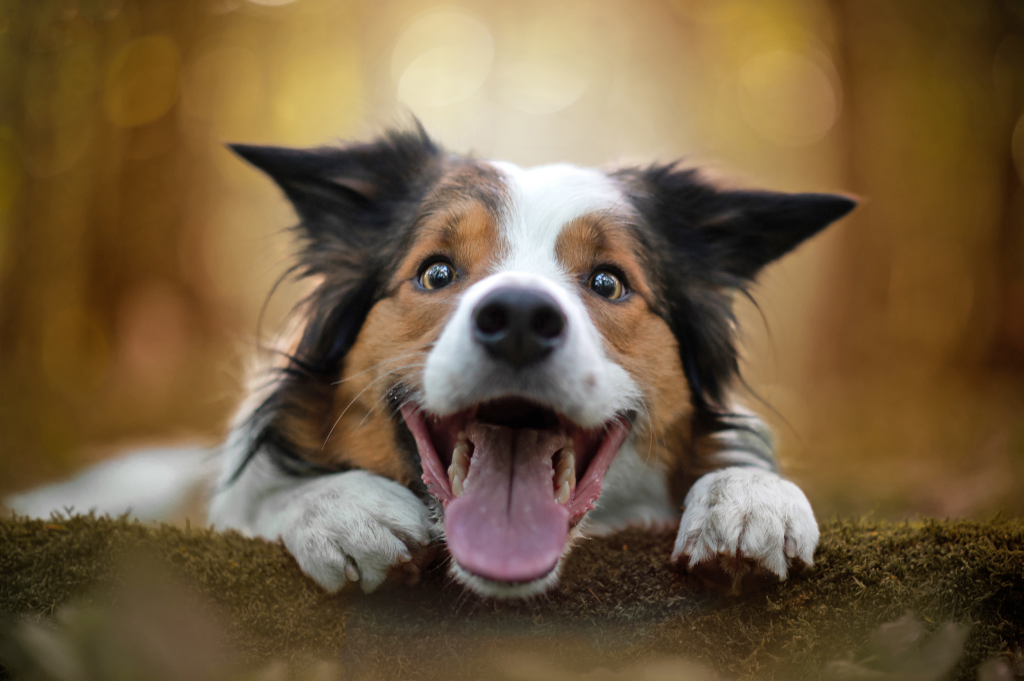
Here is a list of symptoms your dog may experience during onion poisoning:
- diarrhea
- vomiting
- abdominal pain
- loss of appetite
- pale gums
- increased heart rate
- weakness
- lethargy
- increased respiratory rate
- change in color of urine
These signs can show up a day or more after the onion intake. That’s why it’s important to pay attention to your dog and get to the veterinarian clinic immediately.
How to Treat Onion Toxicity?
Your vet can diagnose the condition of your dog after some blood work and the symptoms the dog is showing. Onion toxicity is diagnosed if the vet finds hemolytic anemia or a buildup of Heinz’s bodies on a blood smear.
The first thing your vet may do is induce vomiting but depends only on how recent was the onion consumption. In many cases, the first thing vets offer is supportive care while that time your dog is able to produce enough amount of healthy red blood cells to replace the damaged red blood cells.
Fun Facts About Onion
- In some cultures, onion tops are braided and then hung in cool air for months for later use – especially during the winter months.
- Eating parsley will help get rid of that pesky onion breath!
- Onions were used as currency in the medieval ages for goods and services, as well as for paying rent.
- Before it was known as the Big Apple, New York City was called the Big Onion because it is a place where you can peel off layer after layer without ever reaching the core.
- The Guinness Book of World Records lists the largest onion ever grown as a whopping 10-pound, 14-ounce onion!
- According to an old English Rhyme, the thickness of an onion’s skin can help predict the severity of the winter. Thin skins mean a mild winter is coming while thick skins indicate a rough winter ahead.
- If you need only half of an onion, use the top half. The root will stay fresh longer in the refrigerator.
Conclusion
As you know already onions are one of the most dangerous human foods dogs can consume, so it’s important you make sure they stay away from it. Dogs shouldn’t eat any type of onion or anything that contains onion powder.
Feel free to share with us if you had any problems with your dog because of onion and how are things now. If you have more questions about onions and onion poisoning, ask us.
FAQs
Can Dogs Eat Onion Rings?
No, first onions are toxic and secondly, dogs mustn’t eat fried food.
Can Dogs Eat Onion Powder?
Onion powder is a seasoning that should be cut out forever from the food menu of your dog. That’s why you should be careful when giving your doggo human food as many foods include onion powder.
Can Dogs Eat Onion When It’s Cooked?
No, dogs can’t eat cooked onion. Cooking the onion doesn’t lower the poison level in it.
Can Dogs Eat Onion Gravy?
No, dogs can’t eat onion gravy.
Can Dogs Eat Green Onion or Chives?
Both of these veggies are from the same family as garlic and onion. Green onions and chives are toxic to dogs.
We hope this article ‘Can Dogs Eat Onion’ was helpful to you. You can check out our other articles as well to know which food is good for your canine buddy.

